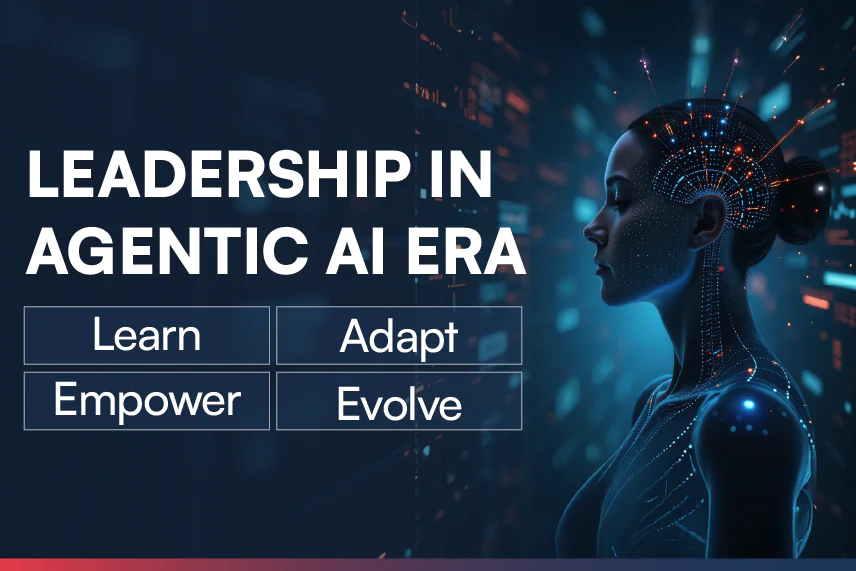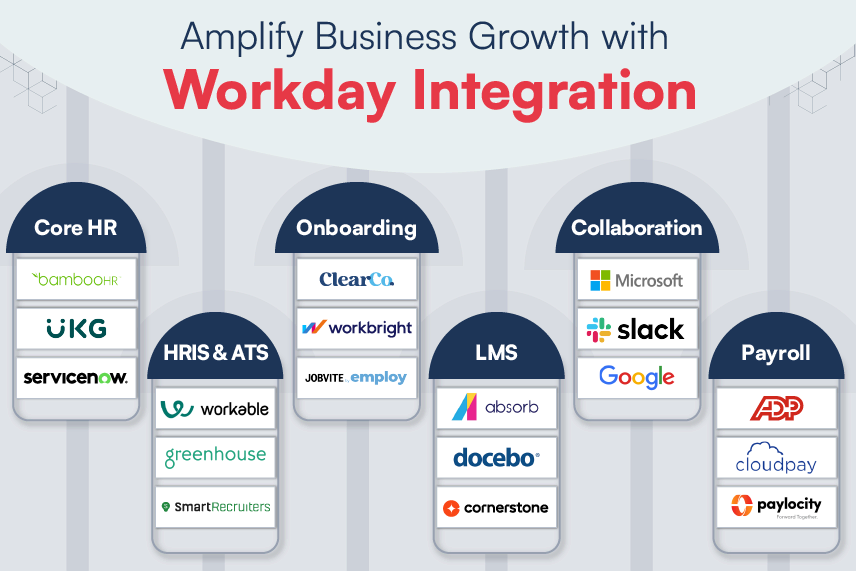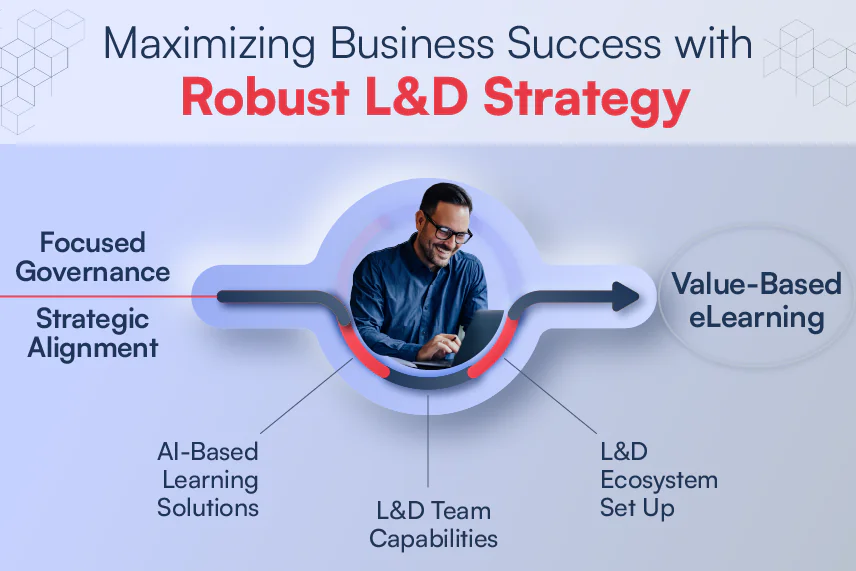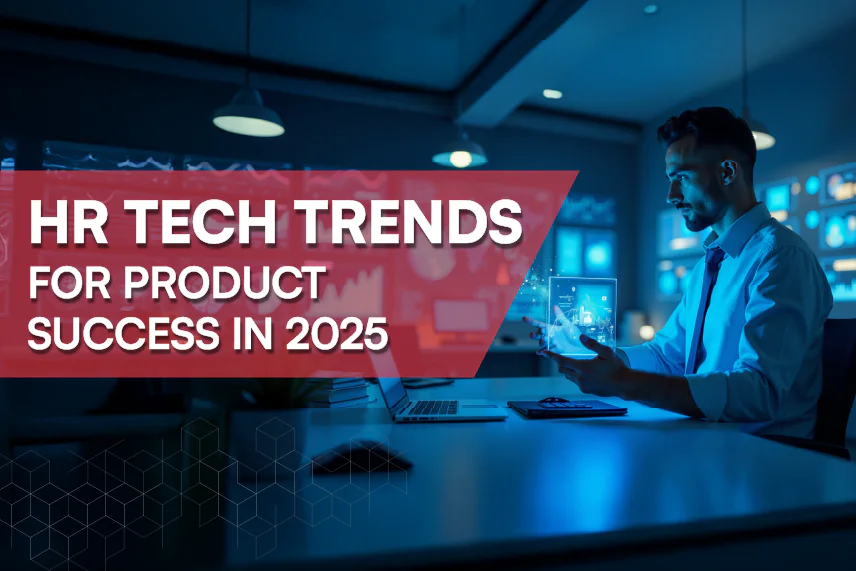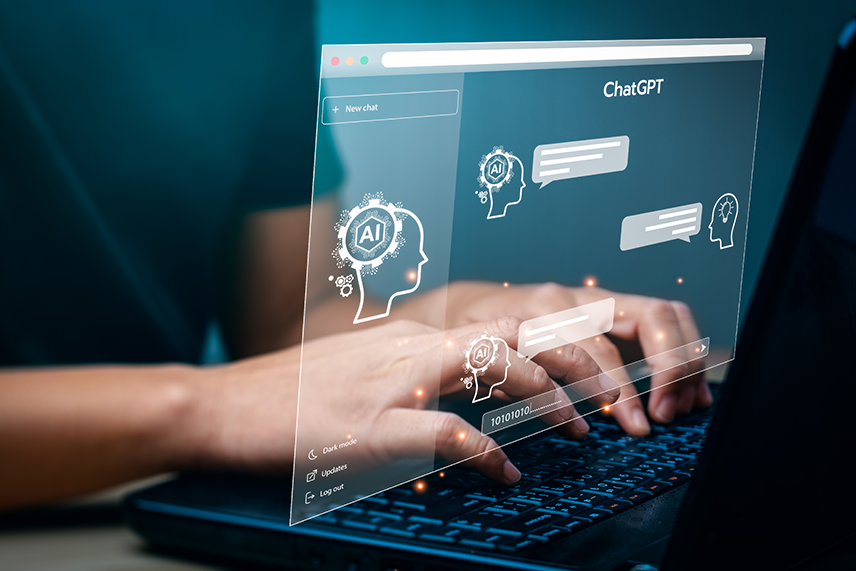
ChatGPT for HR: Unleash the Future of HR Transformation
Applications of ChatGPT for HR are revolutionizing the HR landscape, ushering in a new era of generative AI-driven transformations. Businesses worldwide, including popular platforms like LinkedIn, are witnessing the remarkable impact of ChatGPT on HR practices. With Generative AI, HR can spend more time doing strategic work while being productive. Another positive impact of ChatGPT in HR can be seen in the way it frees up HR professionals from repetitive tasks
In today’s digital age, HR professionals are increasingly turning to technology to streamline and improve their processes. ChatGPT is one of the technologies that has gained immense popularity among HR and business leaders in recent years.
ChatGPT is a cutting-edge language model that is trained to generate human-like responses to a wide range of queries. For HR professionals, it can prove to be an invaluable tool for improving communication with job applicants, employees, and other stakeholders. With its advanced natural language processing (NLP) capabilities, ChatGPT can provide guidance on HR policies and procedures, and even assist with recruitment and onboarding processes.
Additionally, ChatGPT can streamline the work and reduce the workload of HR professionals by automating routine tasks, allowing them to focus on more high-value activities that require human expertise. Overall, it can help improve HR operations, enhance the employee experience, and ultimately drive better business results.
8 Innovative Applications of ChatGPT for HR
Let’s explore the top applications of ChatGPT for HR that are reshaping the future of workforce management.
1. Candidate Screening and Selection
One of the most significant challenges for HR professionals is identifying and selecting the most suitable candidate for a given job. But today, HR is using ChatGPT in recruitment to overcome this challenge. They are using ChatGPT to analyze resumes, cover letters, and job descriptions to pick the best talent for a particular role.
"For example, ChatGPT can be used to screen resumes and identify essential skills, experience, and qualifications required for a specific job. It can also analyze the language used in job descriptions to determine which applicants match the requirements best."
2. Employee Onboarding
Another important aspect where the applications of ChatGPT for HR should be leveraged is employee onboarding. We all know how crucial is onboarding process and its impact on employee engagement, retention, and performance. Thus, ChatGPT can assist HR professionals in creating a comprehensive onboarding program for new hires.
For instance, ChatGPT can develop interactive onboarding materials, including videos, articles, and quizzes that introduce new employees to the company culture, policies, and procedures. It can also provide personalized recommendations based on each employee’s job role and previous experience.

3. Employee Engagement
Engaging employees is essential for improving productivity, reducing employee turnover, and boosting overall job satisfaction. HR can use GPT for employee engagement, especially to get personalized recommendations and insights on how to better engage employees.
For example, ChatGPT can analyze employee feedback surveys and provide insights into areas of improvement based on the feedback. It can also suggest personalized training and development opportunities based on the interests, skills, and performance of employees.
4. Performance Management
Performance management is a critical HR function that involves setting goals, monitoring progress, and providing feedback to employees. To enhance this essential process, HR can harness the potential of generative AI and applications of ChatGPT, which can facilitate real-time feedback and furnish valuable insights generated by cutting-edge technology.
For example, ChatGPT can analyze employee performance data and provide personalized feedback based on performance trends, strengths, and areas for improvement. HR can also use ChatGPT to know which training and development opportunities to create and how to create them to improve employee performance. In addition, they can use ChatGPT and AI in performance reviews.
5. Employee Retention
Employee retention is a significant challenge for many organizations, and HR professionals must develop strategies to retain their top talent. ChatGPT can help HR identify potential flight risks and develop retention strategies.
For example, ChatGPT can analyze employee data, including performance, engagement, and feedback, to identify employees who may be at risk of leaving the organization. It can also recommend personalized retention strategies, such as training and development opportunities, mentoring programs, or flexible work arrangements.
6. Employee Wellness
Employee wellness is becoming increasingly important, and HR professionals must develop strategies to support the mental and physical well-being of employees. Fortunately, the applications of HR have come to the fore, presenting an invaluable tool for HR professionals in their pursuit of promoting employee wellness.
For example, ChatGPT can analyze employee data, including stress levels, absenteeism, and productivity, to identify areas where wellness programs may be beneficial. It can also suggest personalized wellness programs, such as meditation or exercise programs, based on the interests and needs of employees.
Learn how to increase HR efficiency and drive HR success by unleashing the power of Generative AI and LLM for HR.

7. Diversity and Inclusion
Creating a diverse and inclusive workplace is essential for building a successful organization. ChatGPT can support HR in promoting diversity and inclusion by providing insights into biases and suggesting strategies for improvement.
8. Resolving Compliance and Legal Issues
ChatGPT can be used to provide guidance on compliance and legal issues, such as workplace safety, discrimination, and harassment. The language model can also be used to create policies and procedures that comply with federal and state regulations.
For example, HR can leverage ChatGPT to get information and recommendations for their company to comply with regulations regarding workplace safety. They can use it to provide guidance on what measures their organization needs to take to ensure the safety of employees. The model also suggests policies and procedures to implement, such as regular safety training and reporting procedures for workplace accidents.
What are the Advantages of ChatGPT in the Workplace?
Moving on from the applications of HR, let’s discuss their many advantages in the workplace, transforming how businesses operate, and employees engage. Here are some key benefits:
- Personalized Assistance – The ability of ChatGPT to provide personalized guidance and insights ensures that employees receive tailored support and relevant information. Whether onboarding new hires or addressing individual concerns, the personalized approach fosters a positive and engaging work environment.
- 24/7 Availability – One of the benefits of the applications of ChatGPT for HR and the workplace is that ChatGPT enables employees to seek assistance whenever they need it. This round-the-clock availability ensures that employees can access information and support conveniently, improving their overall work experience.
- Data-Driven Decision Making – ChatGPT can analyze vast data and offer data-driven insights, empowering HR professionals and leaders to make more informed decisions. This data-driven approach helps identify trends, predict potential issues, and devise proactive strategies to enhance employee satisfaction and retention.
- Training and Development – ChatGPT can act as a virtual trainer, providing employees with interactive learning experiences and personalized training modules. This ensures consistent and standardized training and helps employees upskill and grow within the organization.
- Multilingual Support – With the capability to understand and communicate in multiple languages, ChatGPT can bridge language barriers within a diverse workforce, promoting inclusivity and fostering better collaboration.
End Note
In conclusion, the applications of ChatGPT for the HR domain are vast and versatile, from candidate screening and selection to employee engagement and retention. Businesses can also use ChatGPT to automate HR. ChatGPT is a future tech shaping the future of HR.
With ChatGPT, HR professionals can automate their daily tasks, provide quick and accurate responses to employees, and make data-driven decisions. With its ability to learn and adapt, ChatGPT can be customized to meet the specific needs of HR professionals and improve the overall employee experience. Besides, it can be used as a powerful generative AI tool for talent management.
If you would like to learn more about the applications of ChatGPT for HR or how to use generative AI models for HR, connect with our HRTech experts at contact@harbingergroup.com.


